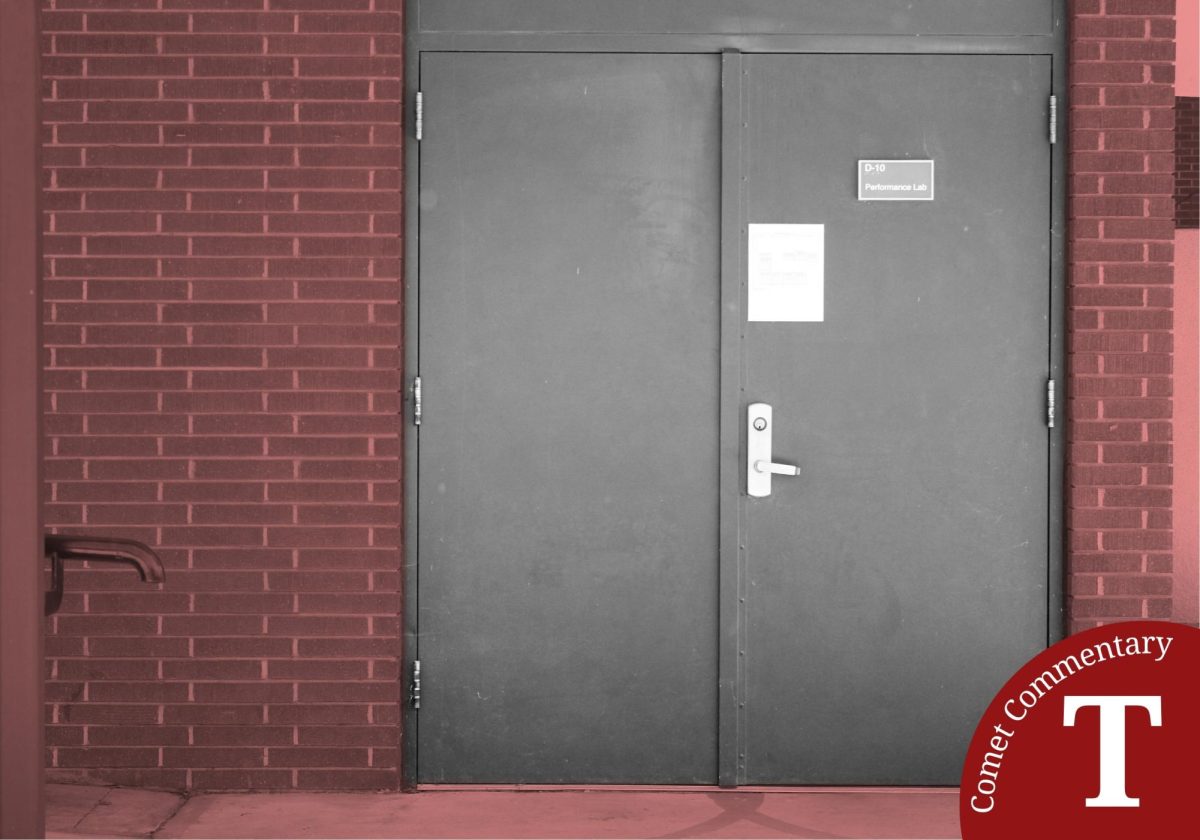Story by: Ashley Romero
The dangerous underground of college fraternities unleashes the fatal consequences of an untamed male hierarchy.
Whether you or someone you know has been a part of greek life, it is impossible to run from the ominous call of the fraternities’ dark doors.
Fraternities have been associated with hazing for several decades, making its shocking appearance on various media platforms. However, the consequences these brothers encounter are fatal.
This Panhellenic associations are advertised as being a “brotherhood” that engages with the community and creates an inviting home for those that choose to join. Instead, hostile environments are emerging sending these students to the hospital with severe injuries and others to their death.
In 2016, San Diego State University welcomed Sigma Nu fraternity back to campus following a four-year expulsion including misuse of alcohol and unauthorized hazing activities.
On Sept. 2, 2017, a student required medical attention after being highly intoxicated coming from the Phi Kappa Theta Fraternity at San Diego State University. The fraternity was put on a minimum expulsion after six years of violations having to do with drugs, violence, and alcohol.
The fraternity’s past presidents and pledges have been linked to deaths caused by narcotic overdoses, vehicular man slaughter and psychological isolation.
A former Panhellenic member from Penn State University recently pleaded guilty to nine misdemeanor charges that were found in connection to a hazing related death of a pledge.
The 19-year-old victim was forced to drink around 18 drinks in a time-span of 90 minutes.The young pledge was refused medical attention for 12 hours before being released. Videos show the men attempting to revive him, but there was no hope.
In order to reduce, if not eliminate, the cruel acts of hazing on college campuses, fraternity boards and schools have been working closely to take action in removing any fraternity that is guilty for the harming of any of their students.
Most colleges have the same process in which they go about handling hazing. It is critical that colleges continue to take firm actions in removing fraternities when necessary in order to eradicate the mistreatment of young college students.
There have been incidents reported where the administration of a school has protected fraternities due to the reputation and contributions it brings to the colleges. If the fraternity has a good history with their philanthropy, there is a chance the violations could be overlooked and no punishment will occur.
The fraternity will immediately be put on interim suspension and revoked from many privileges until the investigation is complete. The school and fraternity council then decide if the chapter will be removed from the university.
Many of these young pledges overlook the horrors of joining when reeled in with unlimited alcohol, parties and of course the girls. The comforting idea of having a group of “brothers” who share the same desires, ignites this want to be apart of their association. However, the terrifying truth follows when they wake up on an ambulance.
Many videos, emails, and text messages have surfaced leading us to see a 50 percent increase in hazing over the last decade.
Administrations have zero tolerance policies against hazing however, they can be persuaded to lighten these punishments through financial compensation.
The problem is that colleges and universities romanticize the party atmosphere and “brotherhood” of Greek life but do not realize there is a heavy price to pay, and it is not the dues you owe your chapter every month.













